German intelligence chief Bruno Kahl has warned about the rising risk of a military conflict driven by shifting sentiments within Moscow. “If such views gain influence in the government headquarters in Moscow, the risk of a military conflict will grow in the coming years,” he said.
Kahl also pointed to how Russia views NATO’s Article 5—a critical clause that ensures collective defense—stating that a key Russian objective would be to undermine its effectiveness. “From Russia’s point of view, [success] would be achieved if Article 5 had no effect in the event of an attack,” he remarked. The clause serves as a cornerstone for NATO’s security framework, especially for vulnerable nations like the Baltic states, effectively pledging intervention from major powers, such as the United States, in case of Russian aggression.
However, concerns over the U.S.’s commitment to NATO have been growing in Europe. Former U.S. President Donald Trump previously stirred unease by suggesting he would “encourage” Russia to attack NATO members not meeting their financial obligations to the alliance.
Kahl further cautioned that Russia may soon be militarily capable of confronting NATO, likely by the end of the decade. However, he suggested that Russia’s strategy would not necessarily focus on territorial expansion but rather on sowing internal divisions within NATO to weaken the alliance.
In addition to military concerns, Kahl flagged Russian interference in Germany’s upcoming snap election scheduled for February 23. The Kremlin aims to exploit domestic tensions, particularly around issues like climate politics, and amplify these divisions through political extremes. “Of course, this has an impact on the elections, on the election results,” he stressed.
Adding to escalating diplomatic tensions, Russia expelled two German journalists from public broadcaster ARD in retaliation for German measures against Russian reporters. The move sparked immediate responses from Berlin, with the German foreign ministry summoning the Russian ambassador to address the issue.
As geopolitical and domestic challenges mount, the intricate dynamics between Moscow and NATO allies underscore the importance of maintaining unity and vigilance in navigating security threats.



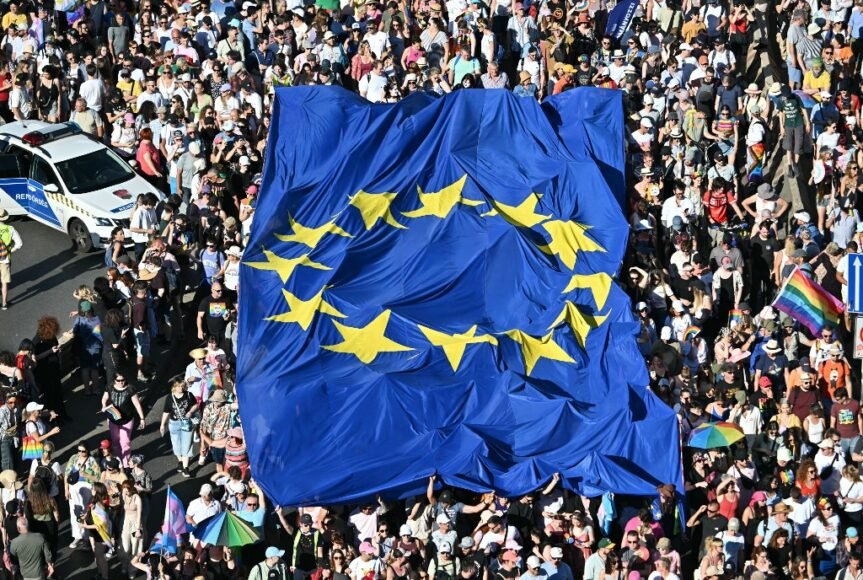

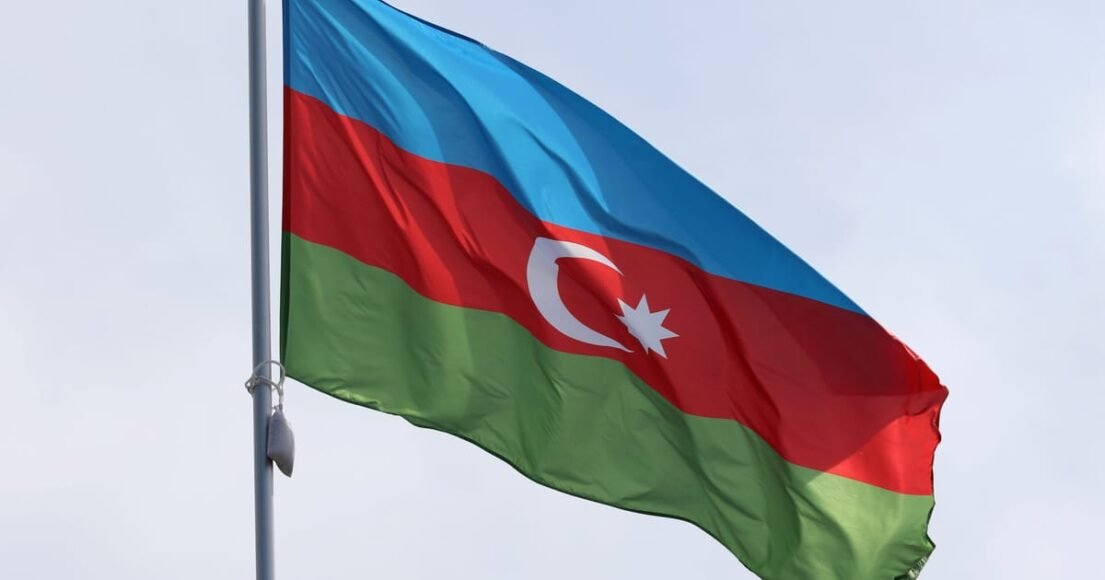


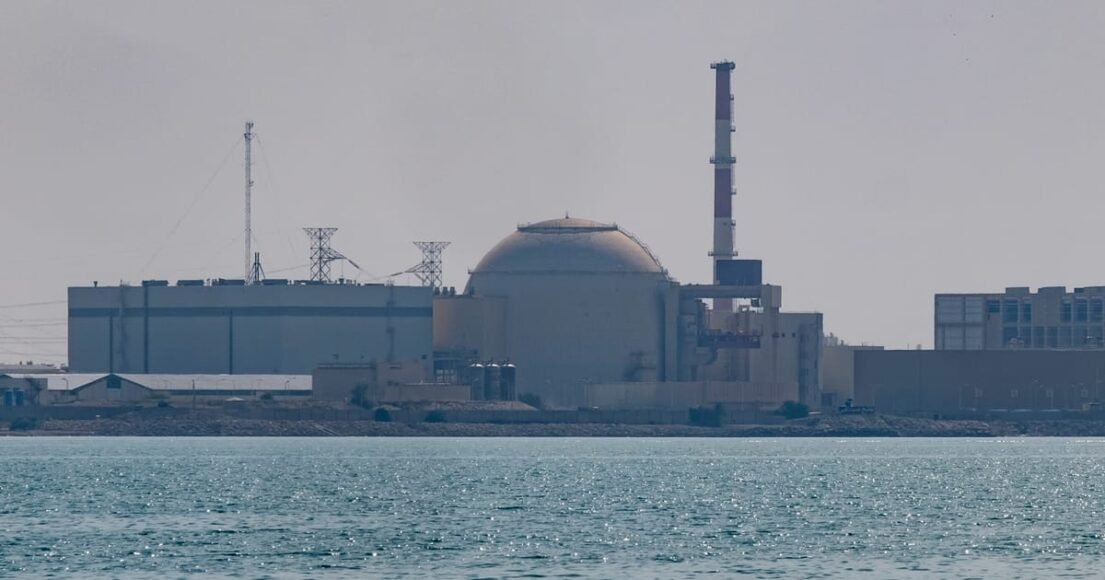
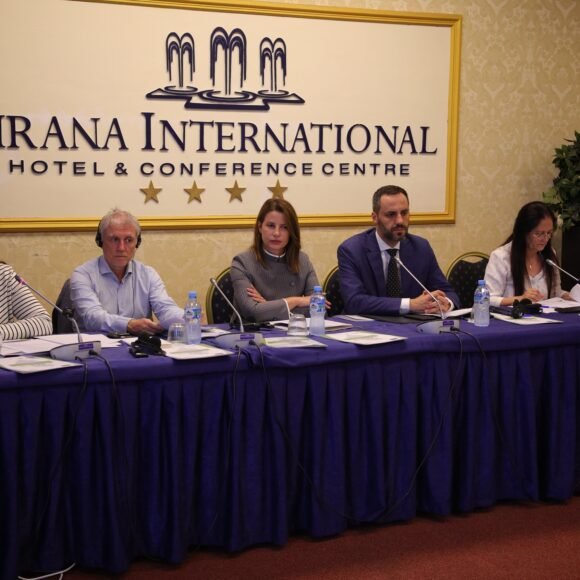
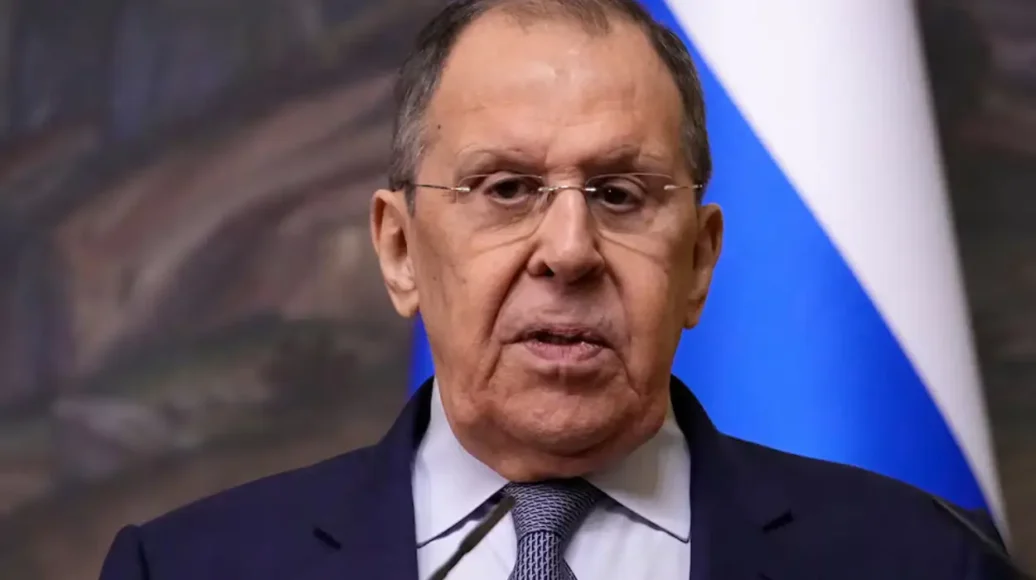
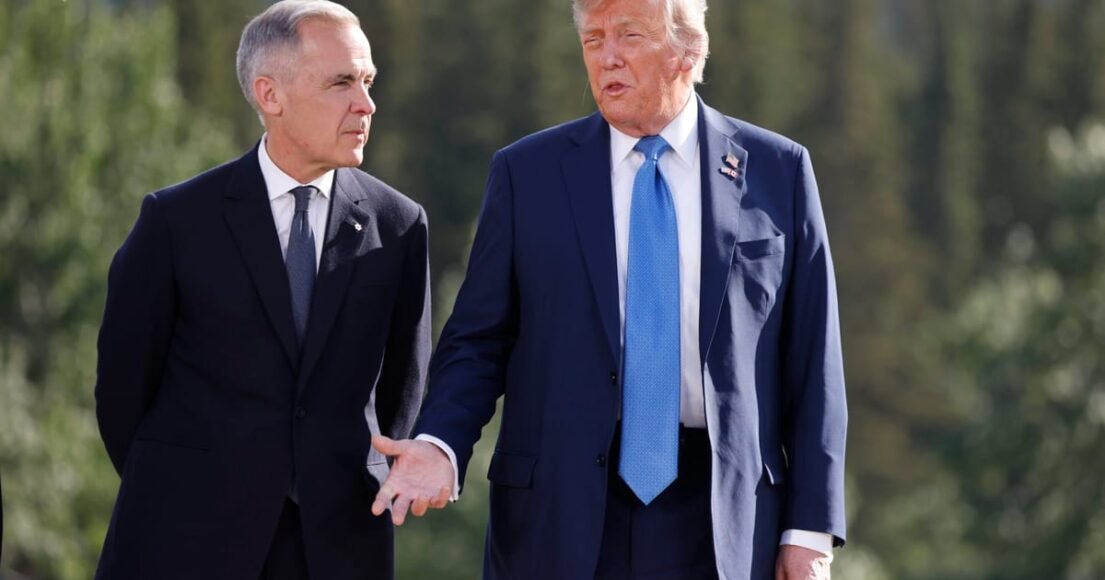
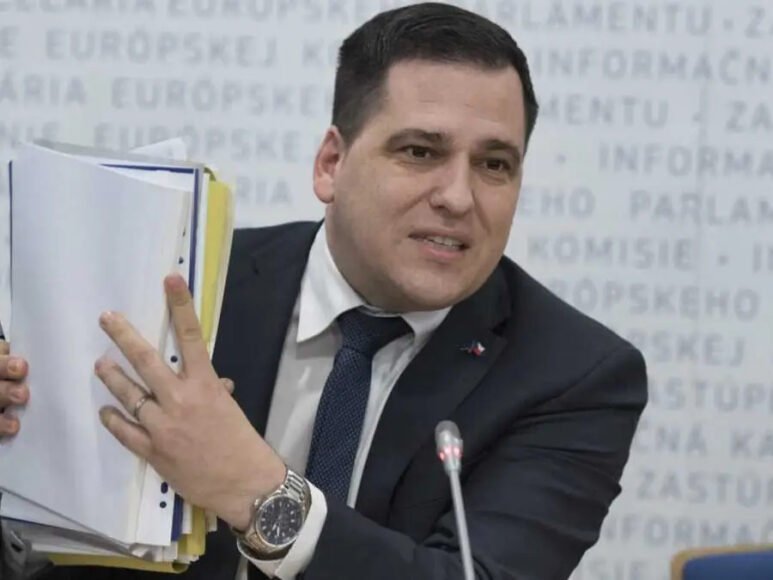
Leave a Reply